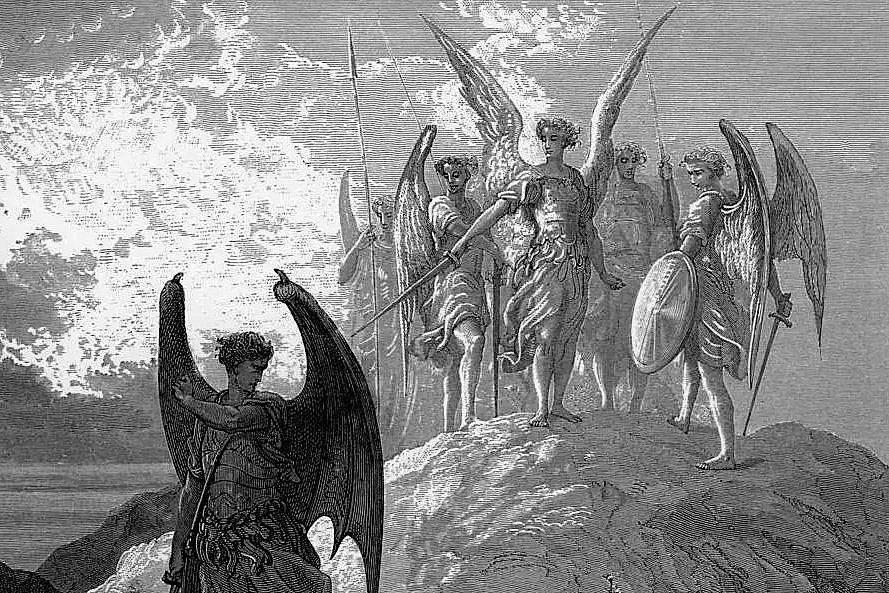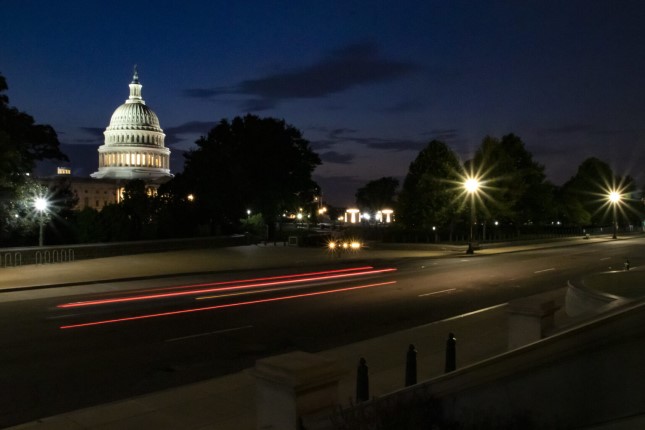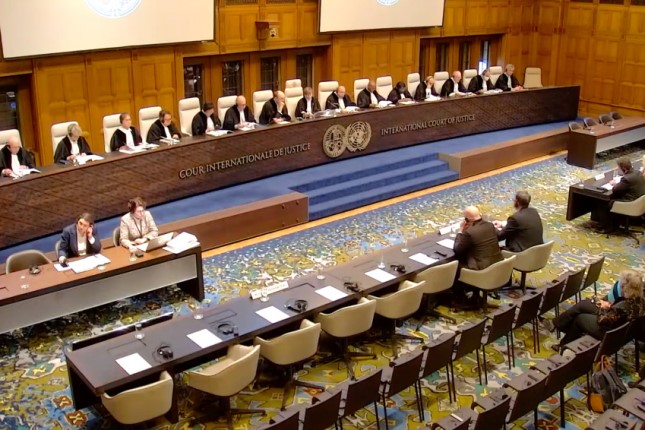There are few pieces of literature that remain as prescient and relevant throughout history as John Milton’s Paradise Lost. Thomas Jefferson, Malcolm X, Virginia Woolf, Thomas Paine and dozens more drew inspiration from and studied Milton’s grand work and the revolutionary themes within it.
Professor Orlando Reade, in his book, What in Me Is Dark: The Revolutionary Afterlife of Paradise Lost, examines the epic poem’s influence in the four centuries since its publication and joins host Chris Hedges on this episode of The Chris Hedges Report to discuss this history.
Reade begins with the historical context of the poem, which was after the 17th century English revolution that overthrew the monarchy. Milton’s work, Reade and Hedges explain, embodies critiques of both monarchy and revolution.
“The reader is presented with a figure of Satan that seems a lot like Milton himself, a failed revolutionary recovering from a disastrous defeat and often articulating arguments against God, who Satan calls a tyrant, that Milton himself had made against the English King,” Reade explains. “So the great mystery of Paradise Lost is trying to figure out why Milton gives us a Satan that seems so much like himself.”
The historical parallels found within Paradise Lost clearly resonate with figures in history, especially those in the struggle for freedom and abolition. Reade emphasizes how many times the poem is referenced throughout this history.
“This is not an epic poem that spends much time celebrating the heroic deeds of men. It’s not a macho poem. It’s a poem for which the most heroic acts are true to the New Testament. They’re humble and often quiet acts of love, of forgiveness, and so on,” he says.
Host: Chris Hedges
Producer: Max Jones
Intro:Diego Ramos
Crew: Diego Ramos, Sofia Menemenlis and Thomas Hedges
Transcript: Diego Ramos
Source: Consortium News.
































